Introduction
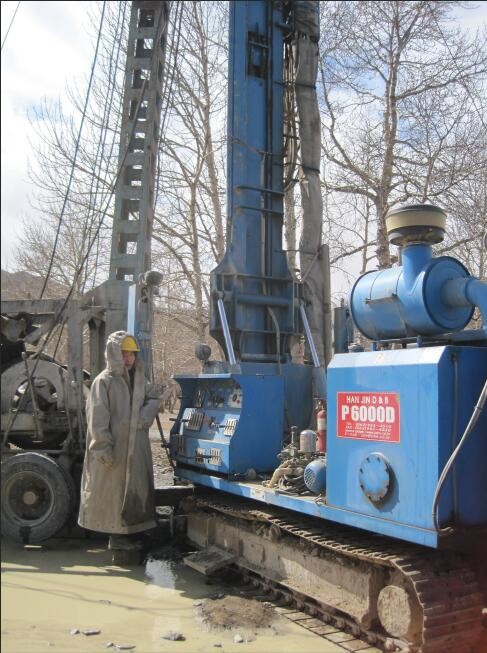
Deep well drilling is crucial for accessing clean and reliable water sources. Whether it's for agricultural, industrial, or residential use, deep wells provide a sustainable solution for water access. Understanding the intricacies of deep well drilling, its benefits, and key considerations before embarking on a project is essential for ensuring the best drilling results.
Understanding Deep Well Drilling
Deep well drilling involves boring into the earth to access groundwater reservoirs. This method allows for water extraction from deep below the surface, providing a consistent and abundant water supply. With technological advancements, deep well drilling has become more efficient and effective in meeting various water needs.
Benefits of Deep Well Drilling
Deep well drilling offers several advantages, making it a popular choice for individuals and communities seeking a reliable and independent water source. Here are some key benefits:
- Access to Clean Water: Deep wells reach deeper underground water sources, often free from pollutants and harmful contaminants typically found in surface water. This translates to cleaner, potentially healthier water for drinking, cooking, and other household uses.
- Reliable and Sustainable Supply: Deep wells tap into naturally occurring aquifers, constantly replenished by rainfall and other natural processes. This ensures a consistent and sustainable water supply, even during drought or water restrictions.
- Reduced Dependency: Deep wells allow individuals and communities to become more independent of municipal water systems and private water companies. This translates to greater control over water usage, potentially lower water bills, and freedom from water availability or pricing fluctuations.
Considering these benefits, deep well drilling can be a valuable investment for those seeking a reliable, sustainable, and potentially cost-effective water source.
Key Considerations Before Deep Well Drilling
Deep well drilling can provide access to a reliable source of water for your property. However, carefully considering several crucial factors is essential for its success before embarking on this project. Here's an overview of the key points to consider:
- Geological Assessment: Understanding the geology of your land is critical. This includes identifying the type of soil and rock formations and the presence and depth of any potential water-bearing aquifers. Consulting with a qualified hydrogeologist can provide valuable insights into your well's feasibility and potential yield.
- Permits and Approvals: Depending on your location, you might need permits or approvals from local authorities before drilling a well. These may involve water rights, well construction standards, and environmental considerations. Researching and obtaining the necessary permits well in advance can prevent delays and ensure your project complies with regulations.
- Equipment and Resource Planning: Deep well drilling requires specialized equipment and skilled professionals. Consider the type of drilling method appropriate for your site's geology and the depth required. Plan and budget for the necessary equipment, crew, and materials needed for the project's successful completion.
By carefully considering these factors and engaging qualified professionals throughout the process, you can increase your chances of a successful and productive deep well drilling project.
Importance of Proper Site Evaluation
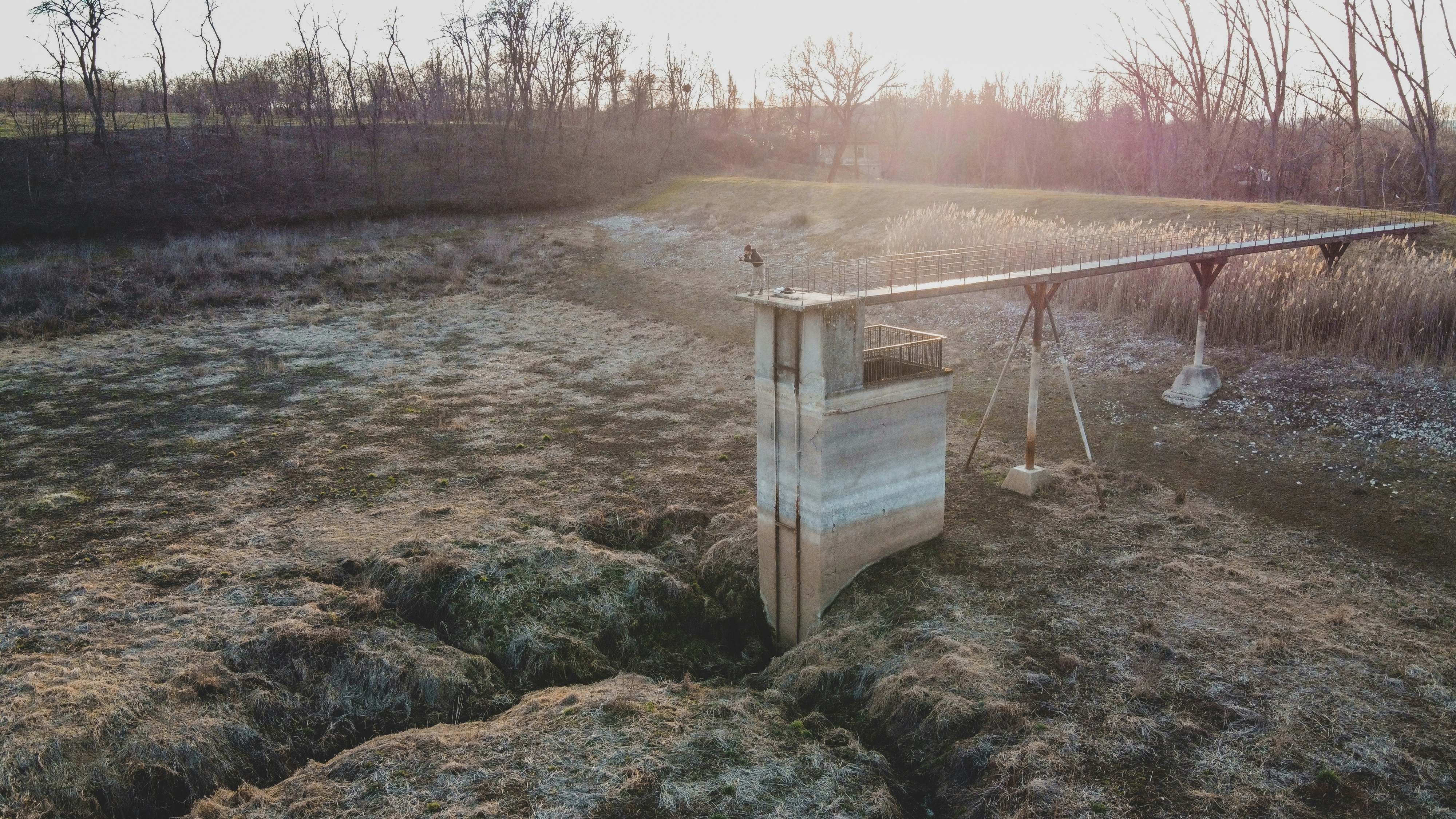
Proper site evaluation is crucial for deep well drilling, as it ensures that the chosen location is suitable for constructing a water well. Hiring a geotechnical expert is essential, as they can assess the site's geological conditions and provide valuable insights into the best drilling techniques to use. Their expertise can help prevent potential issues such as collapsing wells or groundwater contamination.
Hiring a Geotechnical Expert
When looking for the best drilling options for water well drilling near me, it's important to seek out the expertise of a geotechnical expert. These professionals have extensive knowledge of soil mechanics and can conduct thorough site investigations to determine the most suitable location for deep well drilling. Hiring a geotechnical expert ensures that your water well project is built on a solid foundation, both literally and figuratively.
Analyzing Soil Composition
Analyzing soil composition is another crucial aspect of proper site evaluation for deep wells. Different soil types have varying levels of permeability and stability, which can affect the success and longevity of a water well. By understanding the soil composition at the chosen site, drillers can make informed decisions about casing materials and construction methods to ensure that the well performs optimally.
Environmental Impact Assessment
In addition to geological considerations, an environmental impact assessment should be conducted before commencing deep well drilling operations. This assessment evaluates potential risks to local ecosystems and water sources, ensuring that any negative impacts are minimized or mitigated. By considering environmental factors during site evaluation, drillers can uphold ethical practices while providing access to clean water through deep wells.
Choosing the Right Equipment

When it comes to deep well drilling, selecting the best drilling rigs is crucial for a successful project. Quality drilling rigs ensure efficient and precise drilling, allowing for the construction of reliable deep wells that can provide access to clean water for years. Investing in top-notch equipment that can handle the demands of deep well drilling is important, ensuring a smooth and effective construction process.
Quality Drilling Rigs
Investing in the best drilling rigs is essential for achieving optimal water well drilling project results. High-quality rigs are designed to withstand the challenges of deep well construction, offering superior performance and durability. With advanced features and cutting-edge technology, quality drilling rigs can significantly enhance the efficiency and success of deep well projects.
In addition to their durability and performance, high-quality drilling rigs offer advanced safety features to protect workers and equipment during deep well construction. With state-of-the-art technology and innovative design, these rigs minimize the risk of accidents and ensure a secure working environment for all involved. This not only enhances efficiency but also promotes a culture of safety on drilling sites.
Reliable Pump Systems
In addition to quality drilling rigs, reliable pump systems are essential for ensuring deep wells deliver water efficiently and consistently. Choosing the right pump systems tailored to the specific requirements of deep wells is crucial for maximizing water extraction and distribution. By investing in reliable pump systems, you can ensure that your deep wells can meet the demand for clean water in various applications.
When considering reliable pump systems for deep wells, it's important to consider your project's specific water extraction and distribution needs. By understanding your wells' flow rates, pressure requirements, and depth, you can select pump systems tailored to meet these demands effectively. This level of customization ensures that your deep wells can deliver water efficiently and consistently, ultimately maximizing their capability to meet the demand for clean water in various applications.
Efficient Casing and Well Screens
Efficient casing and well screens protect deep wells from potential contaminants while allowing for optimal water flow. Selecting high-quality casing materials and well screens designed to withstand harsh environmental conditions is essential for ensuring the longevity and effectiveness of deep wells. By prioritizing efficient casing and well screens, you can safeguard your investment in deep well drilling while maximizing access to clean water.
Safety Measures During Drilling Operations
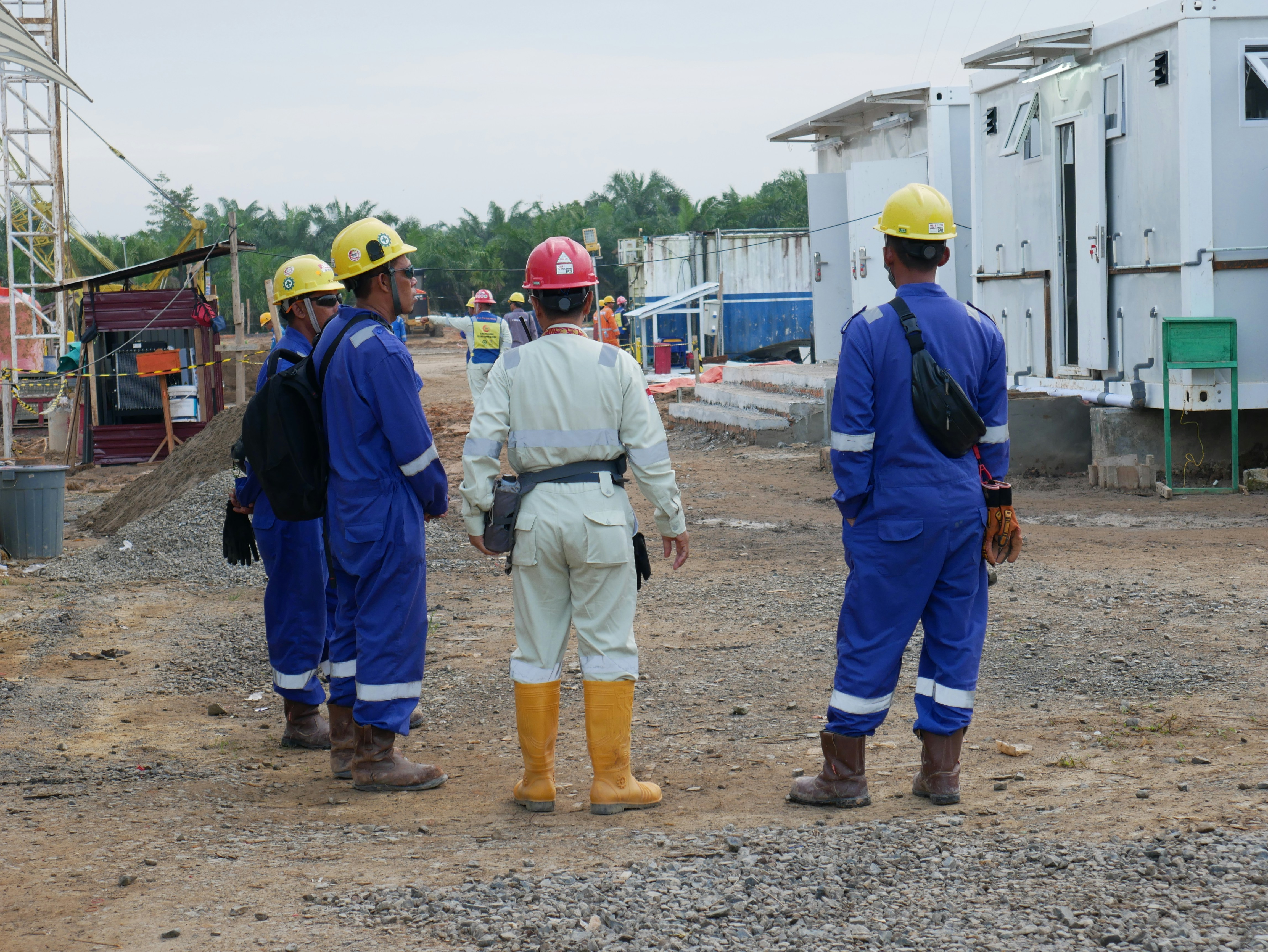
When it comes to deep well drilling, safety is paramount. Compliance with regulations is crucial to ensure that drilling operations are conducted in a responsible and sustainable manner. By adhering to industry standards and local laws, companies can minimize environmental impact and protect the surrounding communities from potential hazards.
1. Compliance with Regulations
Ensuring compliance with regulations is a legal requirement and a moral obligation. From obtaining necessary permits to following strict guidelines for waste disposal, deep well drilling companies must navigate various regulatory frameworks to operate ethically and responsibly. By staying abreast of evolving legislation, they can adapt their practices to meet or exceed industry standards.
2. Use of Personal Protective Equipment
Personal protective equipment (PPE) is essential for workers' safety in deep well drilling operations. Proper gear such as hard hats, gloves, and eye protection shields them from hazards like falling debris or exposure to harmful chemicals. Prioritizing the use of PPE not only safeguards workers' well-being but also contributes to the project's overall efficiency.
3. Emergency Response Planning
In any drilling operation, robust emergency response plans are crucial. From contingency measures for accidents or spills to protocols for handling unexpected situations, thorough planning ensures that potential risks are mitigated effectively. By conducting regular drills and training sessions, teams can be prepared to respond swiftly and decisively in emergencies.
Safety should always be the top priority when undertaking deep well drilling projects. By prioritizing compliance with regulations, utilizing proper PPE, and having comprehensive emergency response plans, companies can ensure that their operations are efficient and safe for everyone involved.
Maintenance and Longevity of Deep Wells
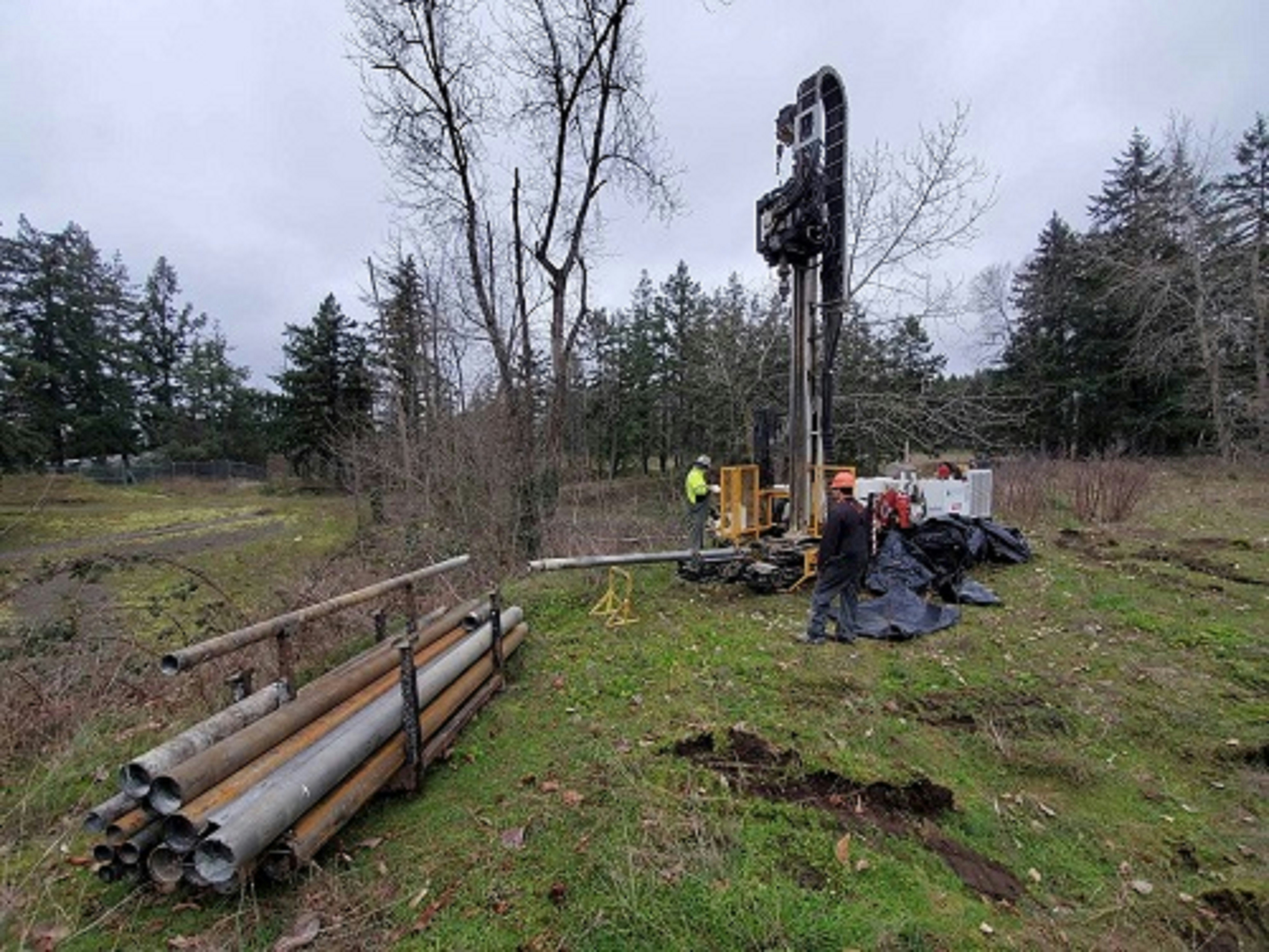
Regular Inspections and Testing
Regular inspections and testing are crucial for ensuring the continued functionality of deep wells. By conducting routine checks on the well's components, such as the pump system and casing, potential issues can be identified early on and addressed before they escalate. This proactive approach not only helps in preventing costly repairs but also ensures uninterrupted access to clean water.
Regular inspections and testing are crucial for ensuring the continued functionality of deep wells. By conducting routine checks on the well's components, such as the pump system and casing, potential issues can be identified early on and addressed before they escalate. This proactive approach not only helps in preventing costly repairs but also ensures uninterrupted access to clean water. Additionally, regular inspections can help identify any signs of wear and tear, corrosion, or damage to the well's components, allowing for timely maintenance to be carried out.
Preventive Maintenance Practices
Implementing preventive maintenance practices is essential for keeping deep wells in optimal condition. This includes monitoring water quality, checking for signs of corrosion or damage, and maintaining proper water levels. By staying ahead of maintenance needs, well owners can avoid unexpected breakdowns and prolong the lifespan of their investment.
By regularly monitoring water quality, well owners can ensure that their deep wells provide clean and safe drinking water. This proactive approach can help prevent contamination issues and the need for costly repairs down the line. Additionally, checking for signs of corrosion or damage can help identify potential problems early on, allowing for timely intervention and maintenance to keep the well in optimal condition.
Extending Well Lifespan with Proper Care
Proper care is key to extending the lifespan of deep wells. This involves protecting the well from contamination, implementing filtration systems when necessary, and adhering to recommended usage guidelines. Regular cleaning and disinfection can also help prevent bacterial growth and maintain water quality for long-term sustainability.
Proper care is key to extending the lifespan of deep wells. Taking measures to protect the well from contamination is crucial, as any pollutants can affect the quality of the water and potentially damage the well over time. When necessary, filtration systems can further safeguard the well from harmful substances, ensuring the water remains clean and safe for consumption. Adhering to recommended usage guidelines, such as avoiding over-pumping or excessive strain on the well, can also contribute to its longevity and overall performance.
The Role of Tianhe in Deep Well Drilling

Tianhe is at the forefront of innovative technologies and solutions for deep well drilling, offering state-of-the-art equipment and expertise to ensure the best drilling results. With a focus on industry-leading research and development, Tianhe continues to push the boundaries of water well drilling, providing cutting-edge solutions for deep wells.
Innovative Technologies and Solutions
Tianhe's commitment to innovation has led to the development of advanced technologies that enhance the efficiency and effectiveness of deep well drilling. From high-performance drilling rigs to reliable pump systems, Tianhe's innovative solutions are designed to meet the unique challenges of water well construction, ensuring the best possible outcomes for deep wells.
Industry-Leading Research and Development
With a dedicated team of experts, Tianhe invests heavily in research and development to stay ahead of the curve in deep well drilling. By continuously exploring new techniques and materials, Tianhe remains at the forefront of industry advancements, setting new standards for water well drilling near me.
Customer Success Stories with Tianhe’s Products
Tianhe's track record speaks for itself, with numerous success stories from satisfied customers who have experienced the benefits of using Tianhe's products for their deep well projects. From increased efficiency to long-lasting performance, customers trust Tianhe for their water well drilling needs.
Choosing the Right Partner for Deep Well Projects
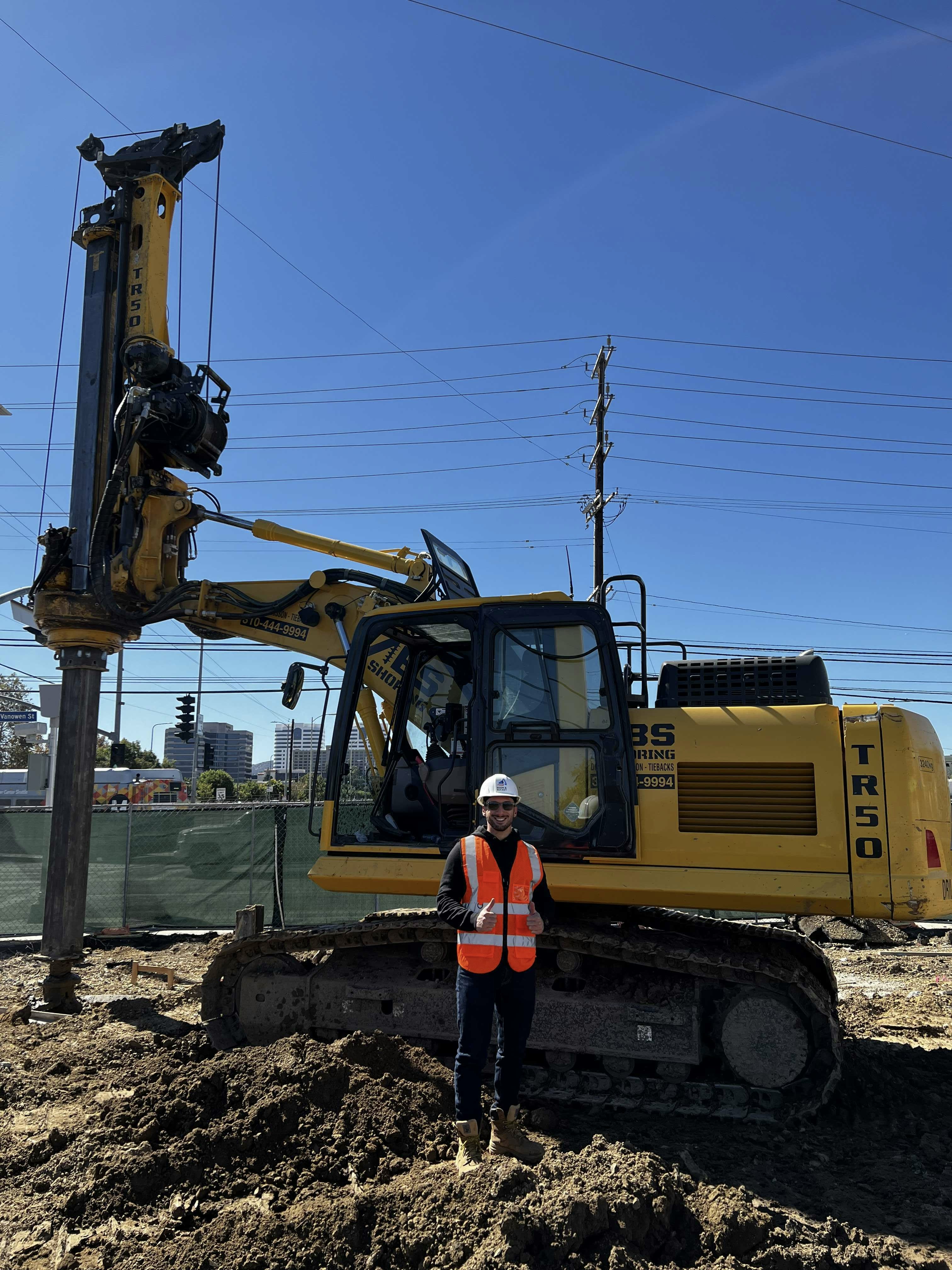
In conclusion, deep well drilling is the key to sustainable solutions for clean water access. By investing in the best drilling equipment and choosing the right partner for water well drilling near you, you can maximize well construction efficiency and ensure deep wells' longevity. Prioritizing proper site evaluation, equipment selection, safety measures, and maintenance practices is essential to guarantee success in deep well projects.
Sustainable Solutions for Clean Water Access
Access to clean water is a fundamental human right, and deep well drilling is crucial in providing sustainable solutions. Deep wells offer a reliable source of clean water for communities, agricultural irrigation, and industrial applications. Investing in deep well projects, we can contribute to addressing global water scarcity issues and ensure access to safe drinking water for all.
Maximizing Efficiency in Well Construction
Efficiency in well construction is essential for maximizing the benefits of deep well drilling. Choosing high-quality equipment and conducting thorough site evaluations are key to achieving efficient results. Proper planning and execution can lead to cost savings, reduced environmental impact, and quicker access to clean water resources.
Selecting the right partner for your deep well project is crucial for success. Look for a reputable company with a proven track record in water well drilling and a commitment to environmental sustainability. A reliable partner will provide expert guidance throughout the project, ensuring that all aspects of deep wells are handled with precision and care.

